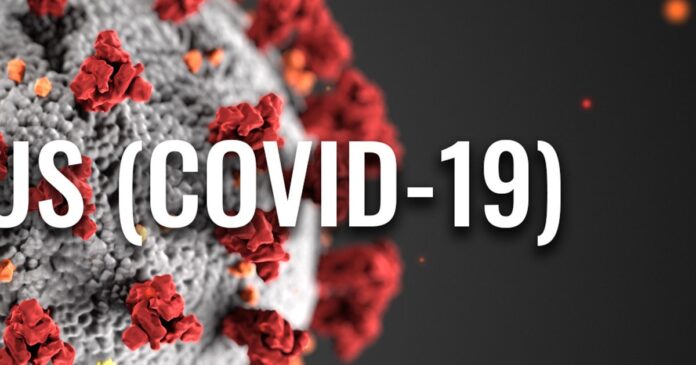By Blessing Bature, Abuja
Despite the COVID-19 pandemic, the World Health Organization’s 2020-2021 Results Report shows WHO’s significant achievements across the global health spectrum.
Released ahead of the World Health Assembly next week, the report details such accomplishments as the delivery of more than 1.4 billion vaccine doses via the COVAX facility, the recommendation for broad use of the world’s first malaria vaccine and WHO’s response to some 87 health emergencies, including COVID-19.
During 2020-2021, WHO led the largest-ever global response to a health crisis, working with 1600 technical and operational partners, and helped galvanise the biggest, fastest and most complex vaccination drive in history. The Organization spent US$1.7 billion on essential supplies to the COVID-19 response.
Director-General, WHO, Dr Tedros Adhanom Ghebreyesus said “Even as WHO has responded to the most severe global health crisis in a century, we have continued to support our Member States in addressing many other threats to health, despite squeezed budgets and disrupted services”
According to him, “As the world continues to respond to and recover from the pandemic in the years ahead, WHO’s priority is to invest even more resources for our work in countries, where it matters most.”
He continued. “Ensuring WHO has sustainable, predictable and flexible financing is essential for fulfilling our mission to promote health, keep the world safe and serve the vulnerable.”
“The ACT-A partnership delivered over 1 billion COVID-19 vaccine doses by January 2022. The global rollout of crucial health materials included nearly US$500 million worth of personal protective equipment; US$ 187 million in oxygen supplies US$4.8 million in treatments and 110 million diagnostic tests.
However, much remains to be done for the world to get on track for WHO’s target of each country vaccinating 70% of its population by July 2022.
Due to efforts to scale up life-saving interventions guided by WHO guidelines15 countries have achieved elimination of mother-to-child transmission of HIV and/or syphilis and WHO’s recommendation of widespread use of the world’s first malaria vaccine (RTS,S) has been delivered to over 1 million children. It is expected to save 40 000 to 80 000 lives a year, when used with other malaria control interventions.
The report demonstrates WHO’s crucial role as the world’s global health guardian, speaking up for health equity in a world of widening inequalities. The grave costs of the pandemic were felt everywhere. The report portrays a world which is clearly further off track to reach crucial global health goals. Due to myriad disruptions caused by the COVID-19 pandemic, countries have fallen behind on WHO’s “Triple Billion targets” that provide critical pathways to attain the Sustainable Development Goals (SDGs) by 2030.
“Progress on universal health coverage and healthier populations are at about one quarter or less the pace needed to reach the Sustainable Development Goals by 2030 and no country was fully prepared for a pandemic of such scale”, the report added.







